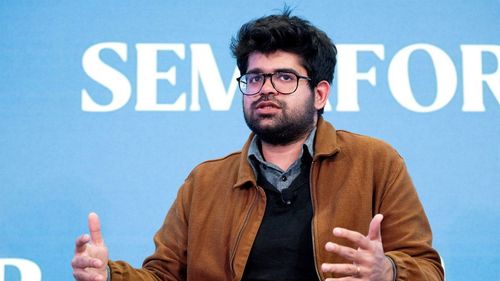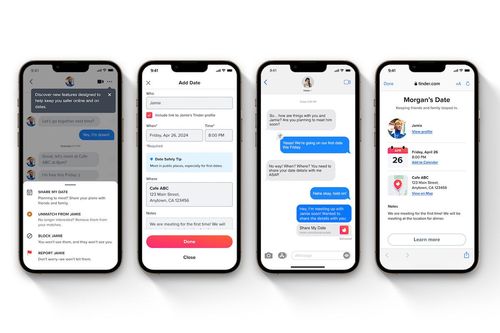Generative AI is advancing in healthcare, and not everyone is excited
Generative AI is rapidly integrating into the healthcare sector, powered by both major tech conglomerates and budding startups. Google Cloud is partnering with Highmark Health to develop AI tools for enhancing patient intake procedures. Meanwhile, Amazon's AWS and Microsoft Azure are exploring ways to leverage generative AI for medical data analysis and improving healthcare provider-patient communications, respectively. Startups like Ambience Healthcare, Nabla, and Abridge are at the forefront, creating innovative solutions for clinical use and medical documentation analytics.
The healthcare industry's excitement about generative AI is evident from the substantial investments flowing into startups focused on AI applications in this field. These companies have secured millions in funding, significantly influencing the investment landscape within the healthcare sector.
However, the reception towards generative AI in healthcare is mixed among professionals and patients. A Deloitte survey revealed ambivalence about AI's potential to enhance healthcare accessibility, reduce waiting times, and make care more affordable. Challenges such as the technology's tendency to misinterpret complex medical conditions and its limitations in understanding updated clinical information have sparked skepticism.
Further complicating matters are concerns about generative AI perpetuating biases, particularly racial stereotypes in medical diagnoses. Despite these issues, advancements are being made, with studies demonstrating improved accuracy in AI-driven medical assessments through refined techniques.
Nonetheless, specialists emphasize the importance of close supervision by physicians when employing generative AI in healthcare. They advocate for a cautious approach, harnessing AI's potential in areas like medical documentation and patient record management, while also highlighting the need for rigorous scientific validation and robust regulatory frameworks to ensure patient safety and data security. The World Health Organization has called for scientific scrutiny and ethical oversight to guide the integration of generative AI into healthcare practices.
 Why Meta is looking to the fediverse as the future for social media
Why Meta is looking to the fediverse as the future for social media Microsoft’s Surface and Xbox hardware revenues take a big hit in Q3
Microsoft’s Surface and Xbox hardware revenues take a big hit in Q3 Augment, a competitor of GitHub Copilot and backed by Eric Schmidt, emerges from stealth mode with a launch of $252 million
Augment, a competitor of GitHub Copilot and backed by Eric Schmidt, emerges from stealth mode with a launch of $252 million IBM advances further into hybrid cloud management with its $6.4 billion acquisition of HashiCorp
IBM advances further into hybrid cloud management with its $6.4 billion acquisition of HashiCorp Perplexity is raising over $250 million at a valuation of between $2.5 billion and $3 billion for its AI search platform, according to sources.
Perplexity is raising over $250 million at a valuation of between $2.5 billion and $3 billion for its AI search platform, according to sources. Apple announces May 7 event for new iPads
Apple announces May 7 event for new iPads Gurman: iOS 18 AI features to be powered by entirely On-Device LLM, offering privacy and speed benefits
Gurman: iOS 18 AI features to be powered by entirely On-Device LLM, offering privacy and speed benefits Meta aims to become the Microsoft of headsets
Meta aims to become the Microsoft of headsets Tinder introduces a 'Share My Date' feature allowing users to share their date plans with interested friends
Tinder introduces a 'Share My Date' feature allowing users to share their date plans with interested friends This is Tesla's effective solution for the recalled Cybertruck accelerator pedals
This is Tesla's effective solution for the recalled Cybertruck accelerator pedals
